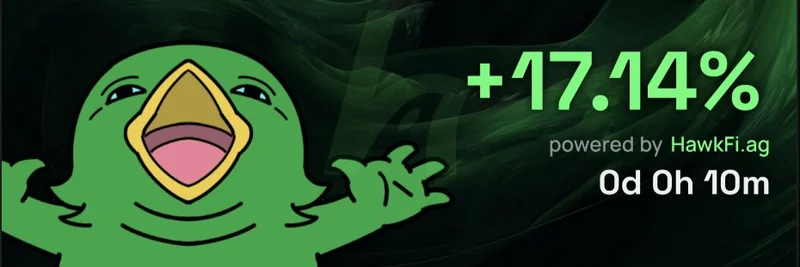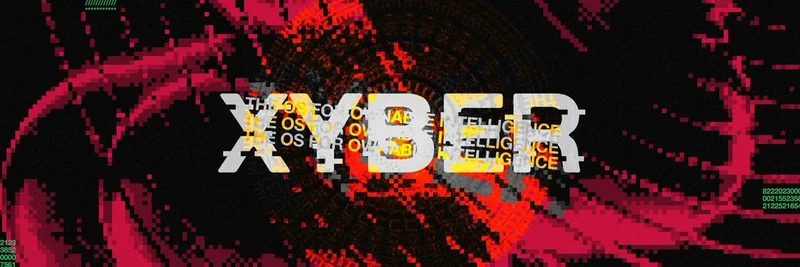Hey there, crypto enthusiasts and blockchain curious! If you’ve been scrolling through X lately, you might have stumbled across a thought-provoking thread by @GwartyGwart that’s got people talking. Posted on July 22, 2025, this tweet suggests that crypto was ahead of the curve in labeling the financial world a "scam"—and now, it seems everyone’s jumping on the gambling bandwagon to survive. Let’s dive into this idea, unpack the conversation, and see what it means for the future of finance and meme tokens.
Crypto’s Early Call on the “Scam”
Gwarty’s post kicks off by quoting @tolstoybb, who claimed that the entire U.S. system—government, industries, you name it—is running like an "exit scam." For those unfamiliar, an exit scam is when a business (often in unregulated spaces like crypto) builds trust, collects funds, and then vanishes with the money—think of it as a high-stakes disappearing act. The Crypto Scam Tracker highlights how common this is in cryptocurrency, especially with non-fungible tokens (NFTs) and fake investment schemes.
Gwarty argues that crypto enthusiasts were the first to spot this trend, earning them the "financial nihilist" label—a term that’s been buzzing around since Epsilon Theory defined it as a growing sense of hopelessness about traditional financial upward mobility. Back in 2024, they noted how young people feel squeezed by rising costs and shrinking opportunities, pushing them toward riskier bets. Sound familiar? That’s the vibe Gwarty’s tapping into here.
From Nihilism to Hypergambling
What’s wild is how Gwarty ties this to today’s success stories in crypto, calling them "ways to gamble really hard." Replies in the thread back this up—users like @tona_xD_ joke that crypto gave us a "spoiler alert" for the exit-game economy. Others, like @FutTakes, throw out names like "Hyperliquid," hinting at platforms where high-risk trading is the name of the game.
This isn’t just speculation—ScienceDirect research from 2022 found a strong link between crypto and gambling, with young, educated users often mixing the two. The study showed that crypto’s volatility and promise of quick gains mirror casino vibes, turning investing into a high-stakes roll of the dice. With meme tokens—like Dogecoin or Shiba Inu—gaining traction on platforms like meme-insider.com, this gambling trend is only heating up.
What This Means for Blockchain Practitioners
So, why should blockchain pros care? First, it’s a wake-up call about the risks in the space. As exit scams and gambling-like investments grow, so does the need for solid due diligence. If you’re building or investing in meme tokens, understanding these dynamics can help you spot red flags—like projects promising overnight riches with no substance.
Second, it’s a chance to innovate. The rise of financial nihilism could push demand for transparent, community-driven projects. Meme tokens, with their playful yet loyal followings, might evolve into something more stable if guided by strong tech and ethics. Check out meme-insider.com for the latest on how these tokens are shaping up in 2025.
Final Thoughts
Gwarty’s thread isn’t just a rant—it’s a mirror reflecting where finance might be headed. Crypto’s early warning about systemic "scams" has morphed into a world where gambling feels like the only play left. For blockchain practitioners, this is both a challenge and an opportunity. Stay curious, dig into the trends, and let’s navigate this wild ride together. What do you think—is this the future, or just a phase? Drop your thoughts in the comments!



